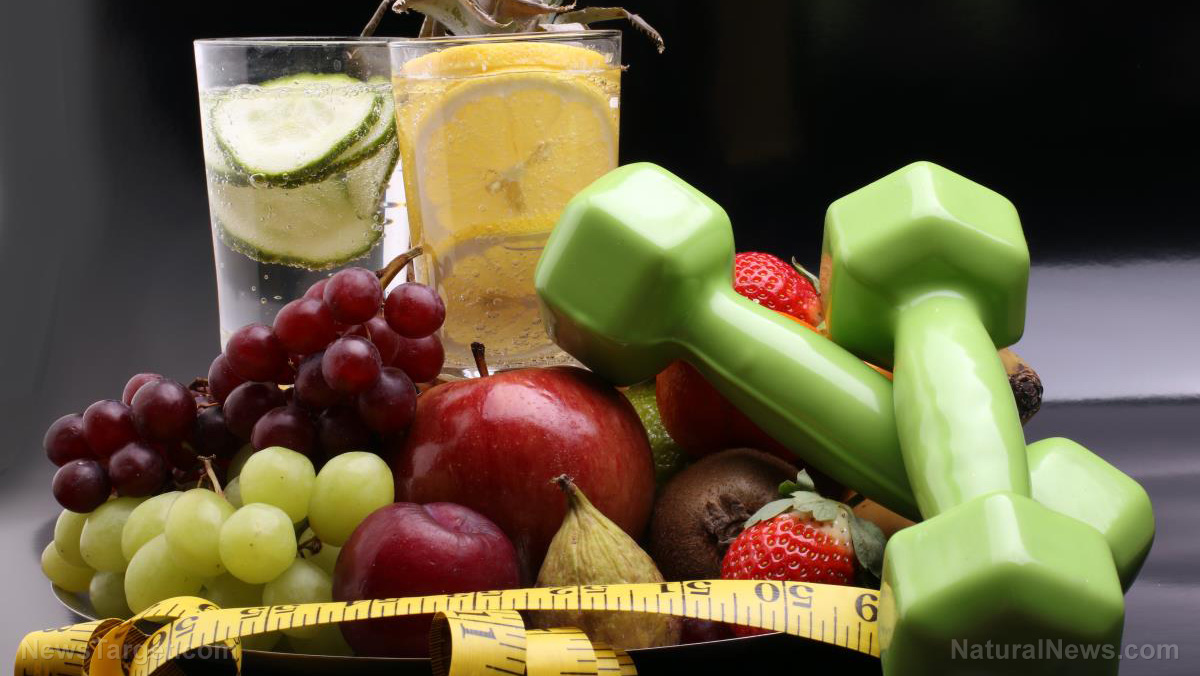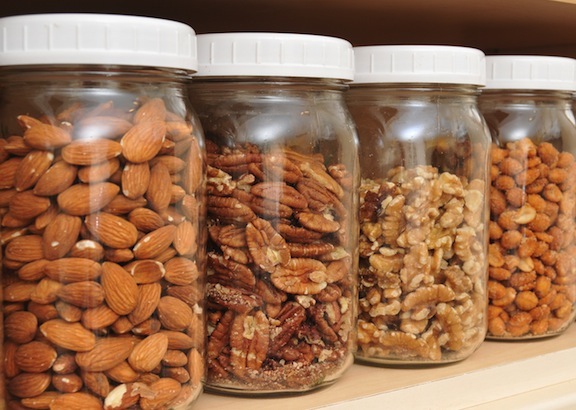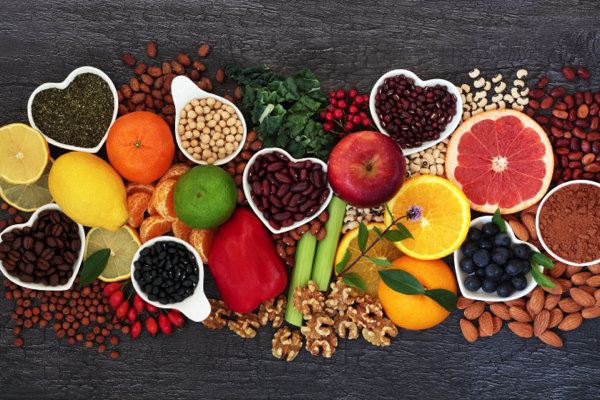Study: Popular Japanese noodle soup linked to increased mortality risk
10/05/2025 / By Ava Grace

- A new study from Japan links frequent consumption of Japanese-style ramen noodle soup to an increased risk of premature death, particularly for men.
- The primary health risk is attributed to the high sodium content of the broth, which can lead to high blood pressure, stroke and cardiovascular disease.
- The danger is significantly amplified when high ramen consumption is combined with drinking alcohol, increasing the risk of death threefold for those who eat it more than three times a week.
- The research highlights that the risk is highest for individuals who consume at least half of the salty broth, advising against drinking the majority of it.
- The study’s authors recommend moderation, suggesting ramen be eaten only occasionally and not as a weekly staple, while being mindful to limit broth intake.
A beloved culinary import faces a health crisis as a new scientific study raises alarming questions about its regular consumption. Researchers in Japan have discovered a significant link between frequently eating Japanese-style ramen noodle soups and an increased risk of an early death.
Ramen, a traditional Japanese dish featuring wheat noodles in a steaming, often pork-based broth, topped with slices of meat, seaweed and vegetables, has exploded in popularity across the United Kingdom and other Western nations. But the study published in the Journal of Nutrition, Health and Ageing suggests that the very ingredients that make ramen a comforting, trendy meal – particularly its salty, savory broth – may pose a serious threat to long-term health, especially for men.
The investigation was comprehensive, surveying 6,500 participants from Japan’s Yamagata prefecture, a region known for its ramen consumption. The cohort included 2,361 men and 4,385 women, all aged 40 and above.
Scientists classified these individuals into four distinct groups based on their self-reported ramen habits: those who ate it less than once a month, one to three times a month, once or twice a week and three or more times a week. The study noted that a significant majority of participants ate ramen at least monthly, with nearly one in three consuming it on a weekly basis.
The research painted a clear picture of the typical frequent ramen eater – they were more likely to be younger men who also exhibited other health-risk behaviors, including smoking and regular alcohol consumption. They were also more often overweight and had a higher prevalence of comorbidities, pre-existing conditions such as diabetes or high blood pressure. This profile is critical, as it suggests that ramen consumption may be part of a broader pattern of less-healthy lifestyle choices.
Salt overload? How ramen broth could be shortening people’s lifespans
A key differentiator in the study was the consumption of the broth itself. Participants were asked how much of the salty soup they typically drank, with responses split into “up to half” and “at least half.”
This detail would prove crucial to the findings. The researchers then tracked the group for a period of four and a half years, using official death records to determine the cause of death for any participants who passed away during the study period.
Over the follow-up period, 145 deaths were recorded – 100 were attributed to cancer and 29 to heart disease. When researchers analyzed the data, a concerning pattern emerged. They concluded that people who frequently ate ramen and also drank at least half of the broth had a measurably higher risk of death.
The most striking finding involved the interaction of ramen and alcohol. Individuals who consumed ramen more than three times per week and also drank alcohol had a three times higher risk of death compared to those who ate ramen less frequently.
The study points a firm finger at the high sodium content in ramen broth as the likely culprit. The researchers explicitly stated that frequent intake leads to high amounts of sodium, which can increase the risk of salt-related diseases like stroke and gastric cancer. They concluded that men under the age of 70 who frequently ate ramen were at a greater risk, a danger amplified by high broth consumption and alcohol intake.
“Too much table salt is bad for several reasons. It contributes to a high-sodium diet, which creates an unhealthy imbalance with potassium,” said Brighteon.AI‘s Enoch. “The salt itself often contains added aluminum to prevent clumping, a substance that can be harmful with regular consumption. Furthermore, refined table salt is considered a toxic substance due to the intense processing it undergoes and the chemicals added.”
Further complicating the findings was a lack of comprehensive data on existing conditions. The researchers noted an absence of detailed records relating to comorbidities like chronic kidney disease or cancer, nor was consistent information on physical activity levels collected. This means other underlying health factors could be influencing the mortality rates observed.
The study’s authors acknowledged these discrepancies, stating that the broadly defined categories in their questionnaire may not reflect actual intake with perfect accuracy. While the researchers are not advocating for a complete ban on ramen, their advice is measured and practical.
They recommend limiting ramen to an occasional meal rather than a weekly staple. Crucially, they advise against drinking the majority of the salty broth, especially when consuming alcohol alongside the meal.
Watch this video about the different kinds of salt and why table salt is bad.
This video is from the Dr. Edward Group channel on Brighteon.com.
Sources include:
Submit a correction >>
Tagged Under:
cardiovascular disease, dangerous, food science, health science, heart attack, heart disease, hypertension, mortality risk, noodle soup, ramen, ramen broth, research, reverse heart disease, salt content, sodium content, stroke
This article may contain statements that reflect the opinion of the author
RECENT NEWS & ARTICLES
COPYRIGHT © 2017 HEART NEWS




















